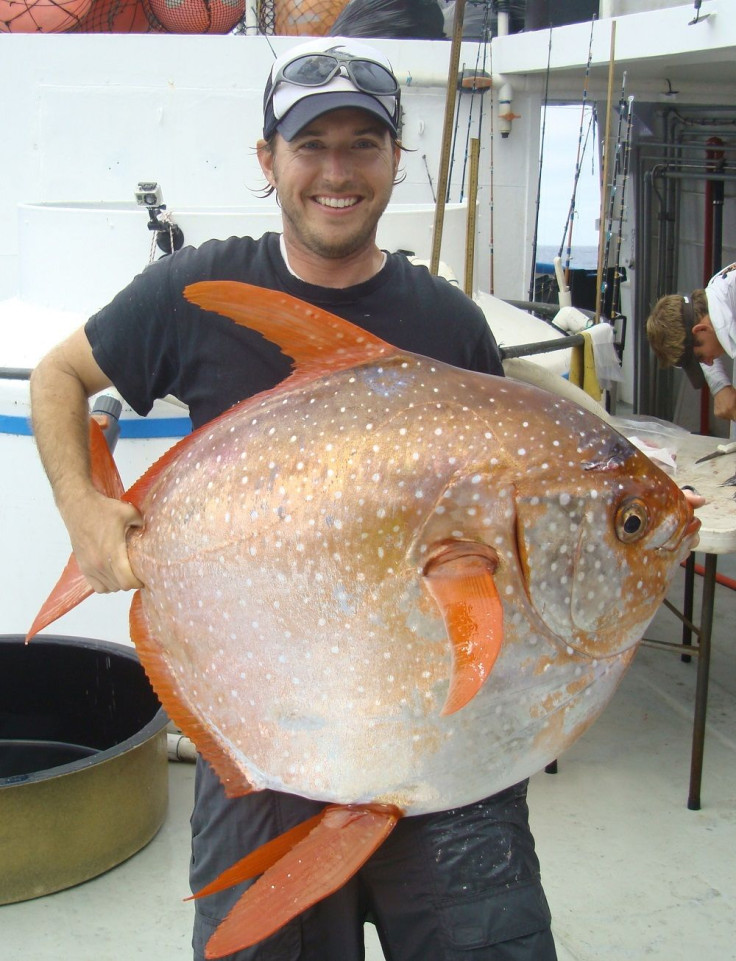New Zealand Salmon Industry Globally Hailed For Sustainability

New Zealand salmon industry is leading the way in fish sustainability measures. According to New Zealand King Salmon chief executive Grant Rosewarne, the recent global sustainability report has praised the country profusely. The report called, “Global Salmon Initiative Sustainability" also carried several key social and environmental data on salmon companies worldwide and made an in-depth comparative study.
The report’s release in New Zealand coincided with World Environment Day. The Marlborough salmon producer and CEO of King Salmon took the lead in releasing the inaugural Global Salmon Initiative Sustainability Report. It was originally launched at the Economist’s World Ocean Summit 2015 in Lisbon, Portugal.
Positive Attributes
The report said New Zealand King Salmon has very low levels of fish escapes, antibiotic use and vulnerability to sea lice in its farms compared to others. However, fish mortality levels are comparatively high in New Zealand. “Low levels of antibiotic use at New Zealand King Salmon farms showed lack of disease, Rosewarne said, reports Stuff.Co.Nz.
The report, which identified 300 salmon diseases internationally, said none of the diseases have been reported in New Zealand. “Overall, in terms of sustainability, we see the New Zealand salmon industry leading the world. Some of that is good fortune with our isolation and some of that's good husbandry and Kiwi ingenuity," Rosewarne said. The New Zealand King Salmon also has species showing exceptional immunity to sea lice compared to other species farmed internationally, he added.
Another virtue is, there are few fish escapes compared to tens of thousands of salmon escaping from other salmon farms. To curb mortality rates in the fish group, New Zealand King Salmon made changes in the way salmons were fed to reduce the stress on the fish. after consulting a Norwegian salmon company, it decided against feeding the fish one large meal each day and opted to give 100 small meals.
Environmental Quality
Meanwhile, the salmon farmers in New Zealand took credit for its pristine waters as the strength in producing the world’s best aquaculture products. It said the inherent purity makes products more desirable and noted New Zealand marine farmers have always cherished the best in environmental sustainability for meeting the global demand for safe and healthy seafood products.
For each species, the industry follows specific Environmental Codes of Practice that meet industry's best practices to minimise potential effects on the environment. The Global Salmon Initiative Sustainability Report is the first of its kind on a global food sector with focus on its sustainability performance by tracing the relevant indicators in a transparent manner.
(For feedback/comments, contact the writer at k.kumar@ibtimes.com.au)





















